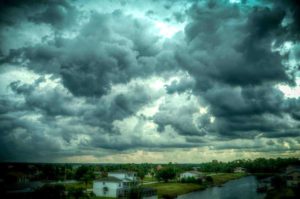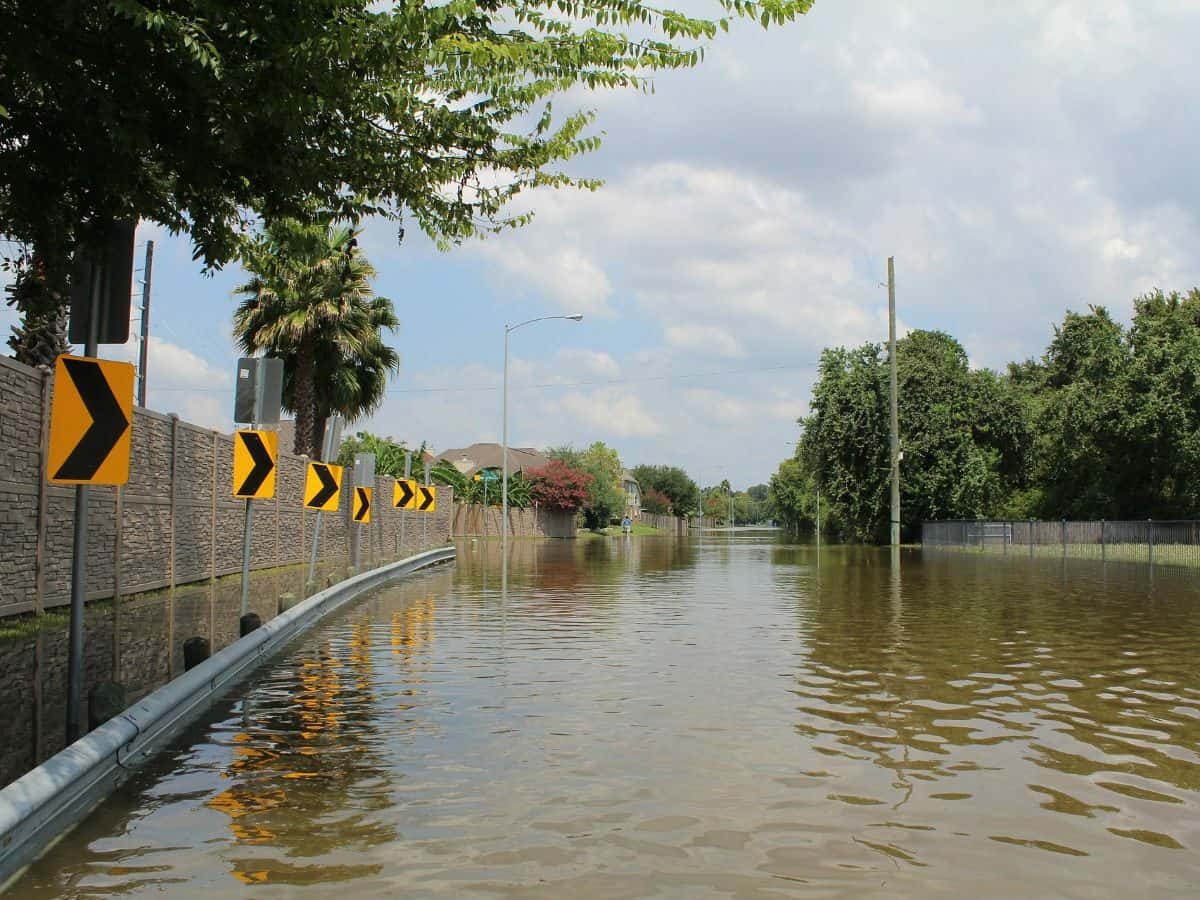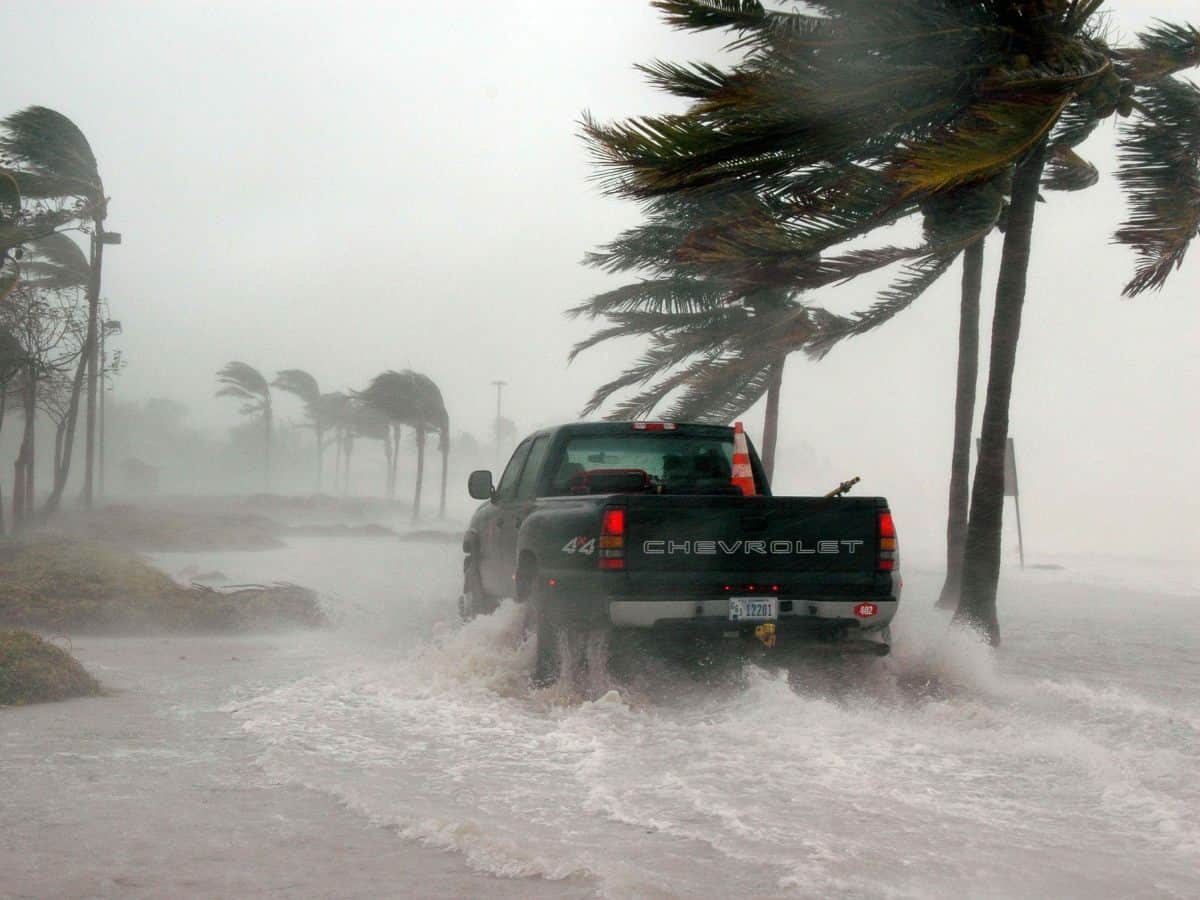How Does Climate Change Affect Water Quality: Hurricanes, Storms and More
There are many indicators that can affect our water quality. One of the main culprits is climate change. So, how does climate change affect water quality? There are few different factors that can lead to a decreased water quality through climate change.
What is Climate Change?
Before digging into “how does climate change affect water quality” it’s important to understand what climate change is. Nasa describes climate change as being a change in the usual weather. This change could be a multitude of things. It could affect how much rain a place gets in a year, and increase or decrease a place’s average temperatures for either season or months. Climate change affects the Earth’s climate. Those changes include the Earth’s temperature, which could heat water in our oceans. Higher temperature means more energy, so hurricanes become more disastrous than they’ve ever been.
In late August of 2005, Hurricane Katrina hit the Gulf Coast region of the United States. It notably affected New Orleans, Louisiana causing $81 billion in damage and leaving 80% of the city underwater. The total economic impact of Katrina cost $150 billion. At the time, a category five hurricane was pretty rare.
Previous to Hurricane Katrina, there were 25 category five hurricanes in 81 years. Since Katrina, there have been nine in fifteen years. The increased frequency of catastrophic hurricanes can be related to climate change. A geophysical fluid study found that climate change is increasing the levels of hurricanes due to:
- Sea level rising, which has a substantial human contribution.
- Tropical cyclone rainfall rates due to warming and increased atmospheric content.
- Tropical cyclones will intensify and increase on average by 10% with a one to two degree increase. This implies a larger percentage increase in destructive potential per storm, assuming no reduction in storm size.

How Do Hurricanes Affect Water Quality?
When we have disastrous hurricanes, those severe storms not only cause damage to our property, but also to our water quality. Hurricanes push a high volume of water into our fresh water ways. The water pushed in could be loaded with pollutants, harsh chemicals and metals, and bacteria. This infiltration lowers our water quality and makes it undrinkable.
How Severe Storms Affect Water Quality
Heavy rain, flash floods, and severe storms damage the things we invest in, like our property. After a storm, you may see flooding in the area destroying crops, trees that are down, or cars, trucks and other heavy machinery swept into the water. Pollutants that persist in soil or machinery, pesticides and fertilizers from lawns are picked up by the storm water.
Where does that water go? Unfortunately, the stormwater is often drained into local bodies of water. This increases the amount of contaminants found in our tap water system.
How Does Climate Change Affect Water Quality? Increased Water Runoff and Soil Erosion
America runs a high demand for farming, which means we have an increased demand for crops that will last. In order to achieve that, farmers use fertilizers in the soil for both yielding high amounts of crops and the ability to garden wherever and whatever the climate may be. Therefore, our soil is deeply enriched with mineral based fertilizers.
Soil erosion is a major problem both for our water quality and soil productivity. Soil erosion affects our water because of increased levels of Nitrogen and Phosphorus found in our surface waters. These two chemicals are very commonly found in manures and fertilizers. When a severe storm floods an area and wipes out the soil, those chemicals stay in the soil and in the water.
When soil erosion and water runoff happens, Nitrogen and Phosphorus move from the fields into freshwater lakes and streams. From there, the two chemicals can cause eutrophication. Eutrophication is when there is a lowered amount of oxygen in the water. Remember, those two chemicals are found in fertilizer to help support mass growth. This logic carries into the water. The two chemicals can cause a significant growth of algae in nutrient enriched waters. The large soil content decreases the exposure to the sun, influencing what can survive.
With an excess of algae, lowered oxygen levels, and minimal sunlight, fish are dying in our fresh water systems. This causes turbidity. Turbidity refers to the amount of haziness or cloudiness in our water. Large particulate matter that floats in the water causes haziness and/or cloudiness. The large particulate matter could be anything from dead fish to algae blooms. Turbidity greatly affects water quality.

How to Make Sure you Have the Best Water Quality
Having a home filtration system is the best defense against polluted tap water systems. With our state of the art filtration, you’ll never have to wonder if climate change is affecting the water you drink. To learn more about filtration systems or schedule a free water test, visit ONIT Home online or call us at 1-833-433-0331.



